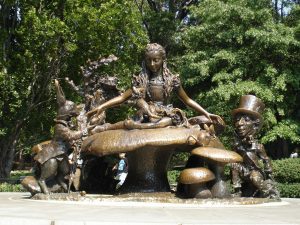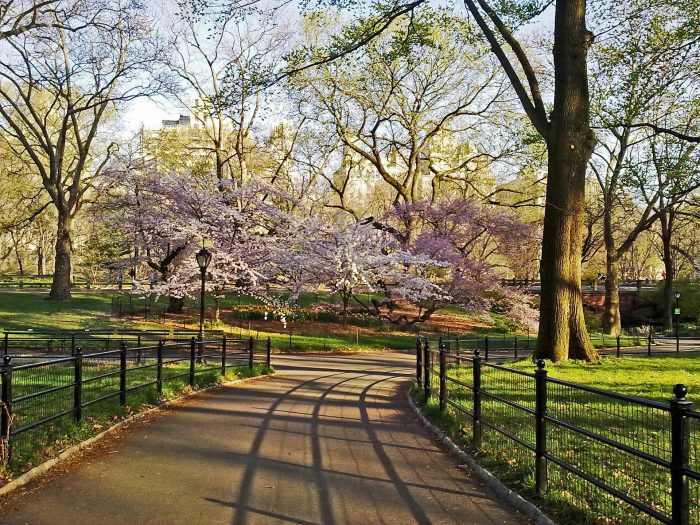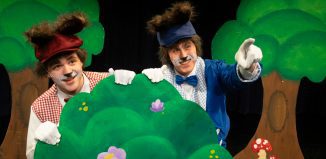Between You and Me: I imagine this is exactly what Olmsted envisioned for his park
By Leah S. Dunaief

A man I never met had a profound effect on my early life. Indeed, I could not have met him since his 200th birthday was this past Tuesday.
There are millions of others whose lives he has touched and continue to touch all over the country. His name is Frederick Law Olmsted, and along with a colleague, Calvert Vaux, he designed Central Park in the late 1850s. He went on to design many other parks and public spaces, but Central Park was his first.
Olmsted was more than a landscape architect, and his philosophy and appreciation of community and human nature were built into his designs. Proving that I am not the only one who feels his importance, I was pleased to notice a special section about Olmsted published in Tuesday’s New York Times. All subsequent quotes are from that section, written by Audra D.S. Burch, with sayings from essays of Frederick Law Olmsted.
“In plots of earth and green, Olmsted saw something more: freedom, human connection, public health…Olmsted’s vision is as essential today as it was more than a century ago. His parks helped sustain Americans’ mental and physical health and social connections during the darkest days of the pandemic. As COVID-19 lockdowns unlaced nearly every familiar aspect of life, parks were reaffirmed as respite, an escape from quarantine.”

And this from Olmsted: “The park should, as far as possible, complement the town. Openness is the one thing you cannot get in buildings… The enjoyment of scenery employs the mind without fatigue and yet exercises it, tranquilizes it and yet enlivens it; and thus through the influence of the mind over the body, gives the effect of refreshing rest and reinvigoration to the whole system… We want a ground to which people may easily go after their day’s work is done, and where they may stroll for an hour, seeing, hearing, and feeling nothing of the bustle and jar of the streets, where they shall, in effect, find the city put far away from them.”
When people ask me where I grew up, I answer, “New York City,” but I should answer “Central Park.”
Almost every Sunday without inclement weather, my dad would take us to the park for the day, giving my mom time for herself. It worked out splendidly for him because he grew up on a farm and never liked the urban surroundings in which we lived. It also gave him some uninterrupted time with us since we didn’t see much of him during the work week. And of course it was welcomed by my mother, who then had a chance to sleep in and tend to her own needs.
Dad would awaken early, make us a creative breakfast that always involved eggs and braised onions plus whatever other ingredients happened to be in the fridge. Never were two Sunday breakfasts the same. Then we would go off, my younger sister and I with him, to “The Park.”
There were many different destinations once we left the street and stepped into the greenery. We roamed along countless paved paths, over charming bridges and through tunnels (always yodeling for the echo effect), climbed rocks, crossed meadows, watched baseball games on several ballfields, played “21” on the basketball courts (if we had remembered to bring a basketball), watched older men competitively play quoits (pitching horseshoes) and munched on crackerjacks — my dad limiting the three of us to one box. I usually got the prize since my sister wasn’t interested.
On beautiful days, when longer walks beckoned, we would visit the merry-go-round and ride until we were dizzy. Or we would spend the afternoon at the small zoo. My dad taught me to row on the Central Park lake. And always the air was fresh, the seasons would debut around us, the birds would sing and the squirrels would play tag through the trees.
By pre-arrangement, my mom would appear with a pot of supper, some paper plates, forks and a blanket, and we would eat in a copse or a thicket of brush. Then, as the sun was setting, we would walk home together.







